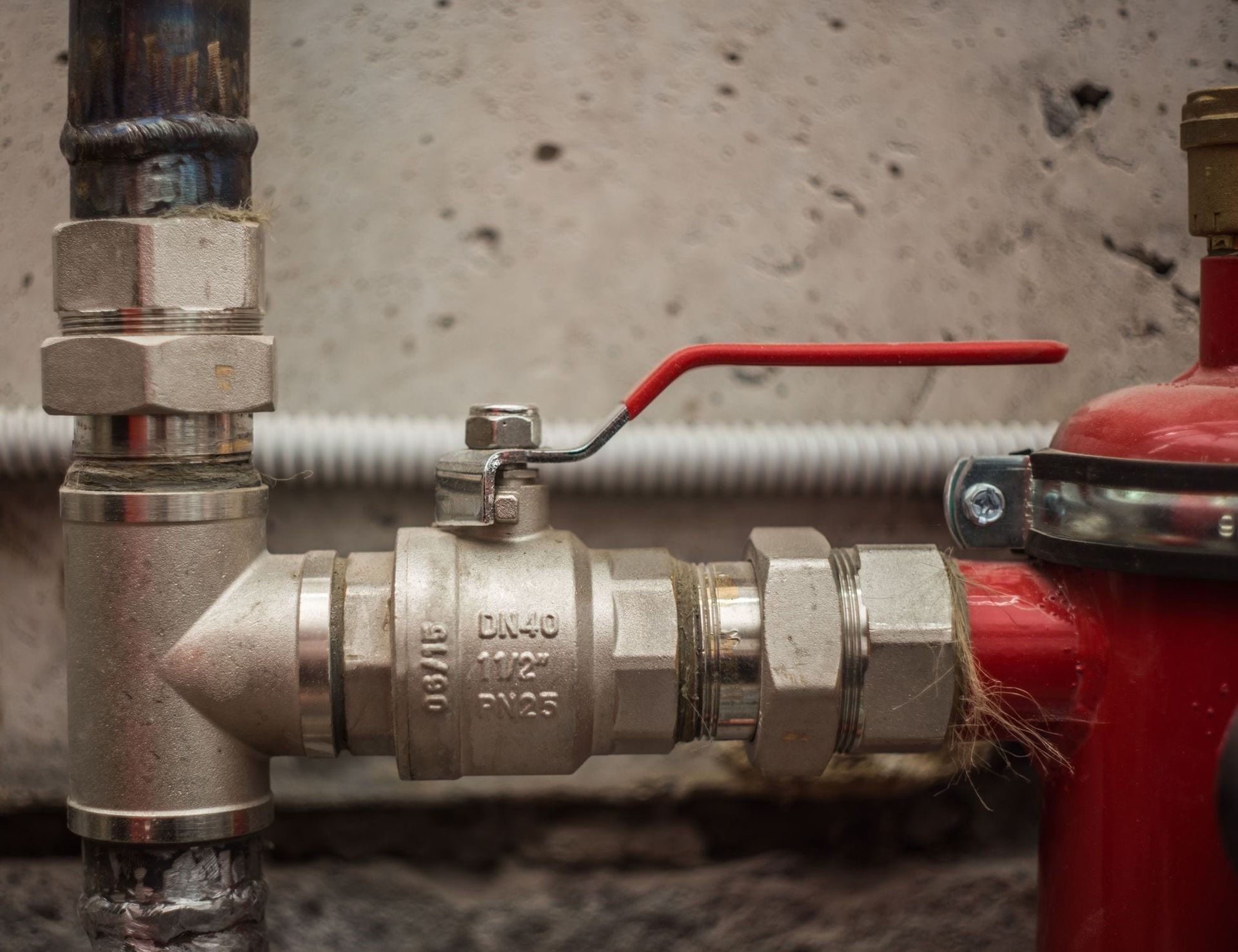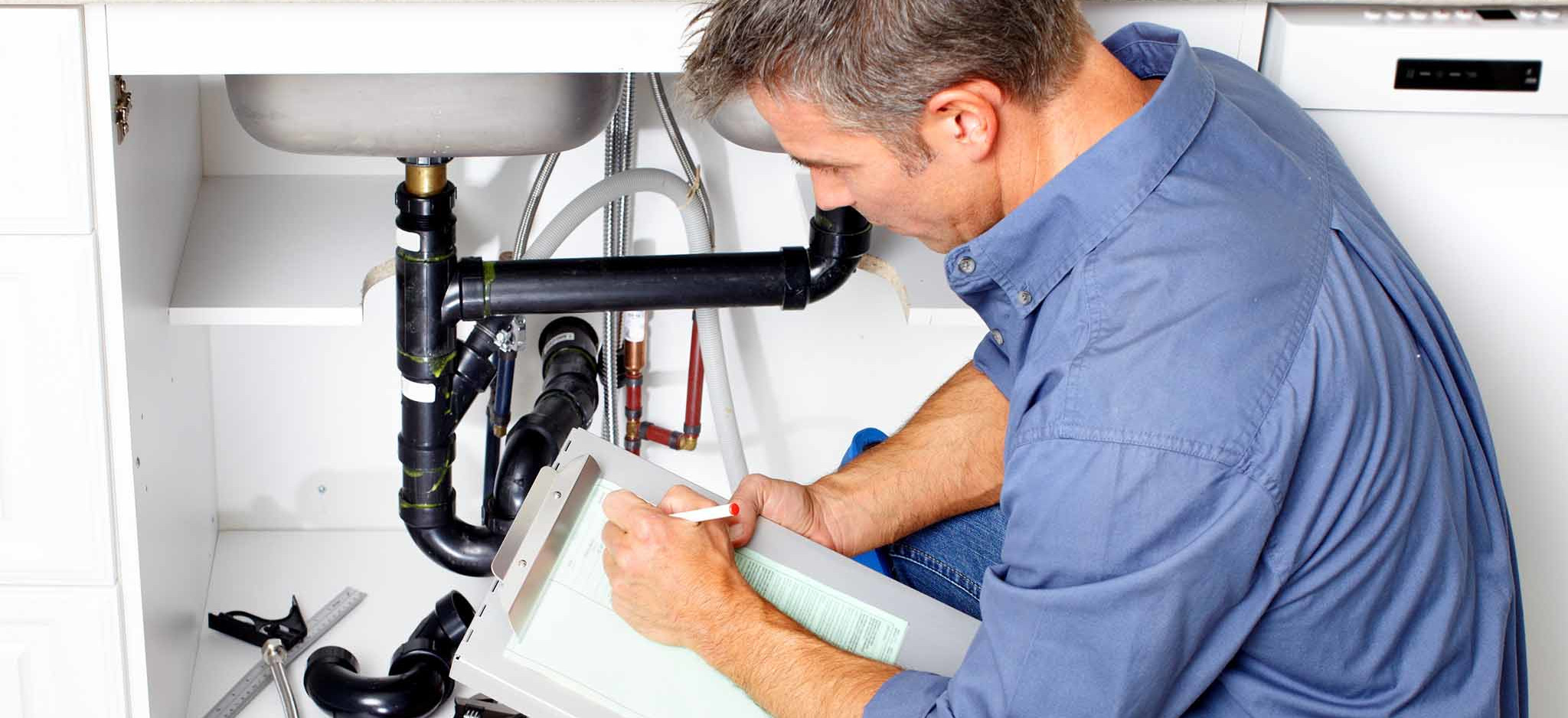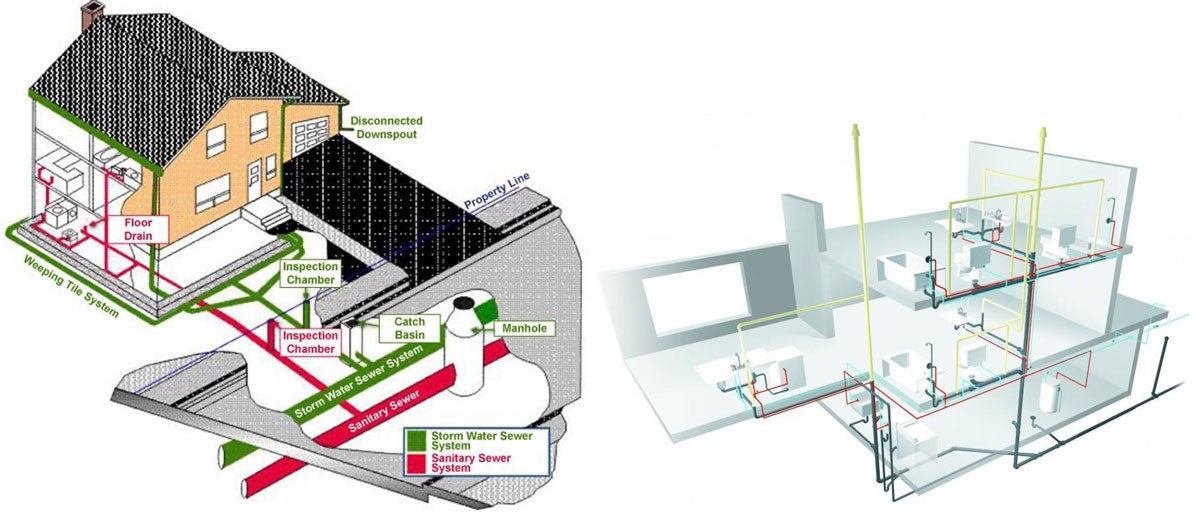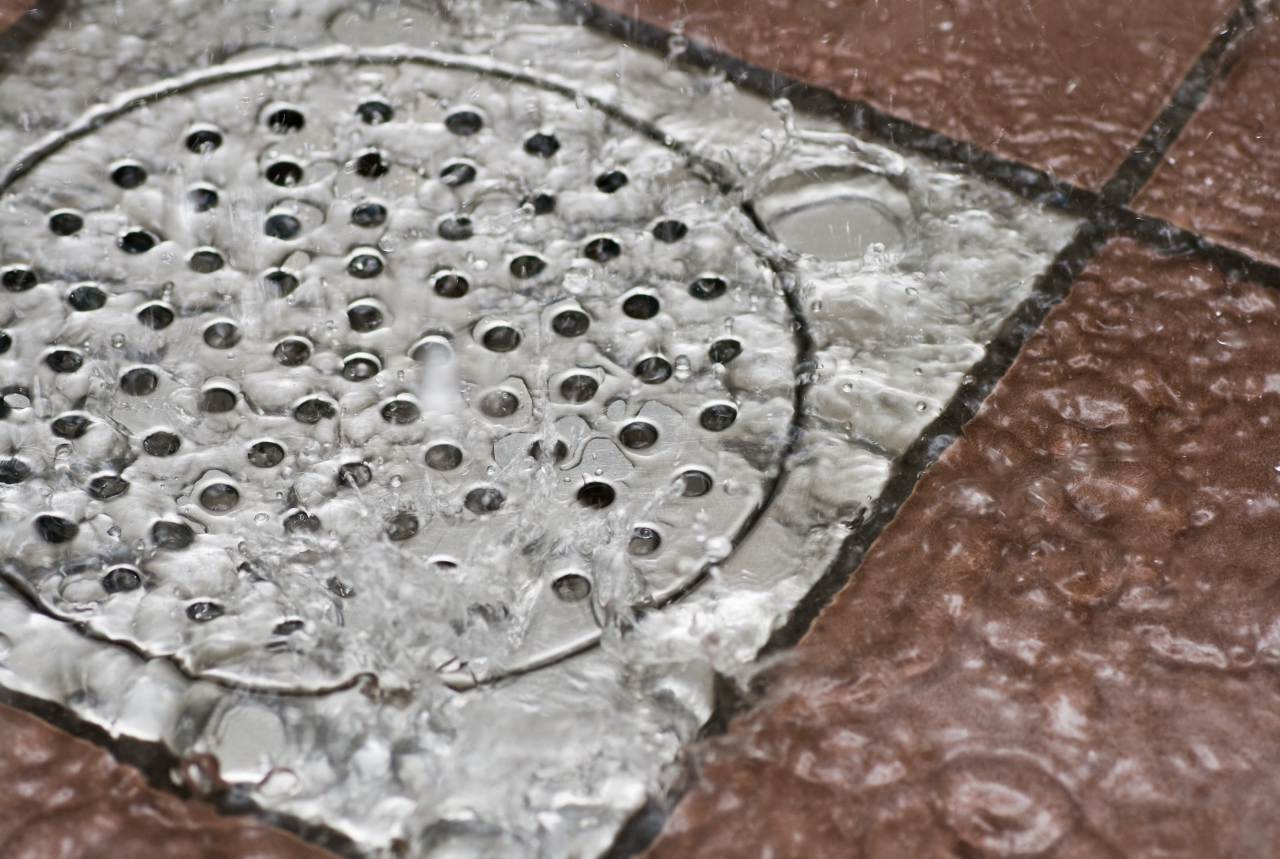Essential Plumbing Knowledge for New Homeowners
Did you know? The average household's plumbing leaks can account for nearly 10,000 gallons of wasted water annually—enough to fill a swimming pool! Learning basic plumbing skills can save both water and money.
Congratulations on your new home! Amid the excitement of decorating and settling in, it's easy to overlook one crucial aspect of homeownership—understanding your plumbing system. That first unexpected leak or clogged drain can quickly turn your homeowner dream into a stressful situation if you're unprepared.
While many assume plumbing knowledge is specialized, everyone in the household should understand the basics. These essential tips will help you prevent common issues, handle minor problems confidently, and know when it's time to call the professionals.
5 Essential Plumbing Skills Every Homeowner Should Master
Locate and Operate Your Water Main
The water main is your first line of defense against major water damage. Knowing its location and how to shut it off quickly can prevent a minor leak from becoming a flooding disaster.
Where to Find It: Typically located in the basement, crawlspace, or near the perimeter of your home where the municipal water supply enters.
Pro Tip: Practice turning it off once or twice so you're not fumbling in an emergency. Consider labeling it clearly and keeping any necessary tools nearby.
Prevent and Clear Drain Clogs
Clogged drains are among the most common plumbing issues, but they're also largely preventable with proper habits.
Prevention Strategies:
- Never pour grease, oil, or fat down any drain—collect it in a container and dispose of it in the trash
- Use drain strainers in showers and sinks to catch hair and food particles
- Run hot water down the drain after each use to help prevent buildup
- Periodically flush drains with a mixture of baking soda and vinegar
Pro Tip: For minor clogs, try a plunger before reaching for chemical drain cleaners, which can damage pipes with repeated use.
Select and Use the Right Plunger
Not all plungers are created equal, and using the wrong type can make your clog worse or create unnecessary messes.
Types of Plungers:
- Cup Plunger: The standard red plunger with a flat bottom—ideal for flat surfaces like sinks and tubs
- Flange Plunger: Has an extended rubber flap that fits into toilet drains—specifically designed for toilets
- Accordion Plunger: Made of hard plastic with multiple ridges—provides extra force for stubborn toilet clogs
Pro Tip: For maximum effectiveness, ensure you have a tight seal and use slow, deliberate plunging motions rather than quick, forceful ones.
Monitor and Adjust Water Temperature
Your water heater is a crucial component of your plumbing system that requires regular attention for safety and efficiency.
Safety Concerns: Water heaters set too high can cause scalding (especially dangerous for children and elderly), while temperatures too low may allow harmful bacteria to grow.
Ideal Setting: The Department of Energy recommends setting your water heater to 120°F (49°C)—hot enough to kill bacteria but not so hot it poses a scalding risk.
Pro Tip: Check your water heater's temperature setting seasonally, as you may need to adjust it during extreme weather conditions.
Know Your Shut-Off Valves
Beyond the main water valve, individual fixtures and appliances typically have their own shut-off valves.
Common Locations:
- Toilets: Look for an oval-shaped handle on a pipe near the floor
- Sinks: Check under the sink for small handles on the water supply lines
- Washing Machine: Look for lever handles on the wall behind the machine
- Water Heater: Find a valve on the cold water pipe leading into the heater
Pro Tip: Test these valves periodically to ensure they're not stuck or corroded. A stuck valve during an emergency can lead to significant water damage.
New Homeowner's Plumbing Checklist
- Locate and label your main water shut-off valve
- Identify individual shut-off valves for each fixture
- Purchase both a cup plunger and a flange plunger
- Check your water heater's temperature setting
- Install drain strainers in all sinks and showers
- Find and test all outdoor spigots and their indoor shut-offs
- Locate your home's main sewer cleanout
When to Call the Professionals at Plumb-All
While these basic skills will help you handle minor issues, some plumbing problems require professional expertise:
- Water pressure that's consistently too high or too low
- Recurring clogs that don't respond to plunging
- Visible water damage on walls, floors, or ceilings
- Sewer line backups or foul odors
- No hot water or inconsistent water temperature
- Frozen or burst pipes
- Installation of new fixtures or appliances
At Plumb-All, we understand that plumbing emergencies don't wait for convenient times. Our team of licensed, bonded, and insured professionals is ready to assist with any plumbing issue, from minor repairs to major installations. Contact us online or call (770) 914-3877 for prompt, reliable service. Your home's plumbing is our priority!
Need professional plumbing assistance for your new home?
Call us at 844 PLUMB-ALL


